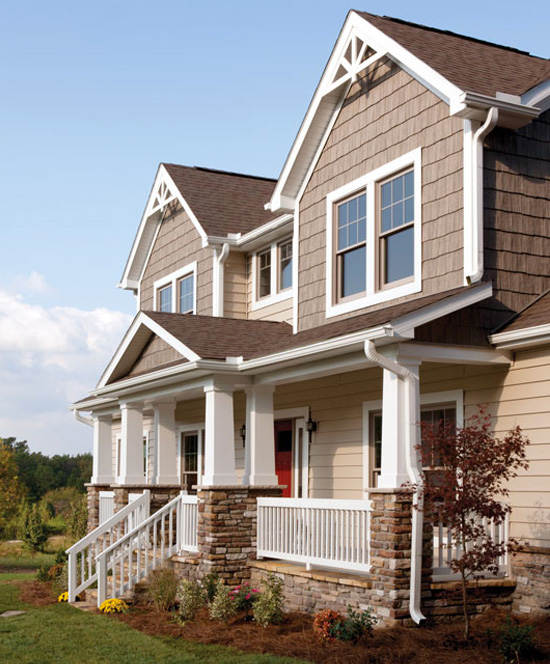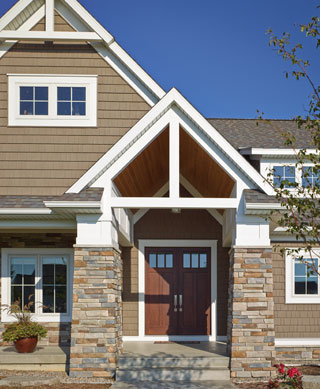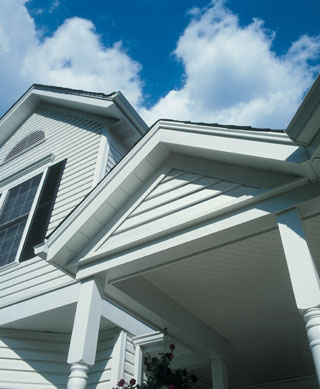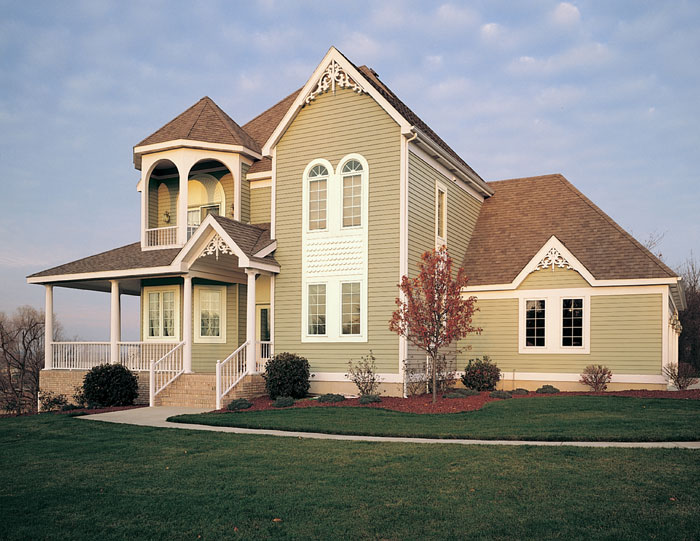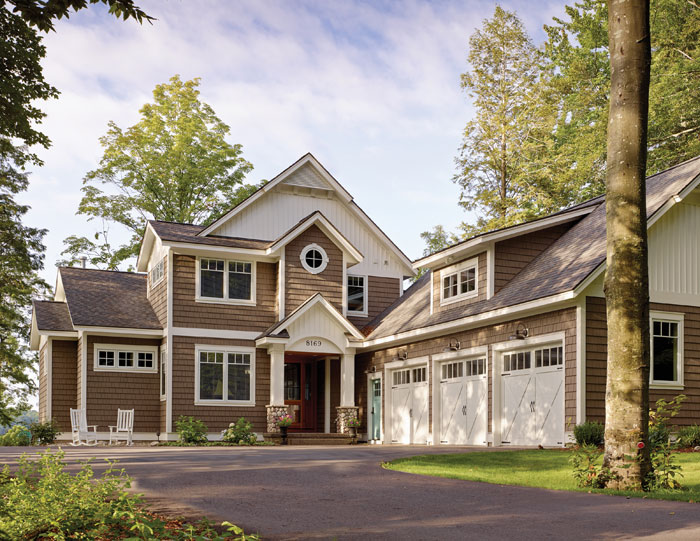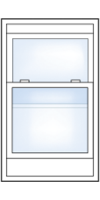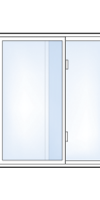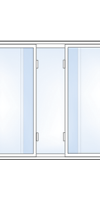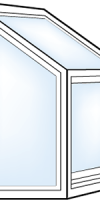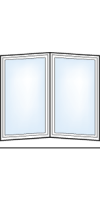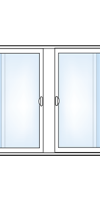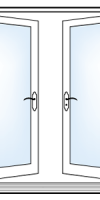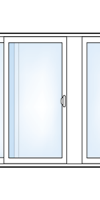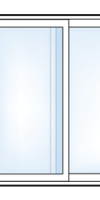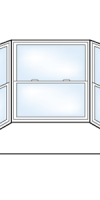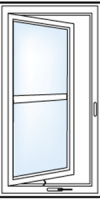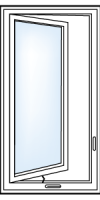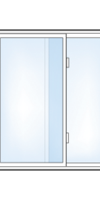One of the most common questions we receive from homeowners that are shopping for new siding is: How much does insulated vinyl siding cost?
This question is very difficult to answer because every home is different, and there are many options for material, profile, color, and brand on the market today. Buying new siding is similar to buying a vehicle; prices can vary drastically based on which options you select.
Do you need a car, van, or truck? Do you prefer all-wheel drive, power windows, leather or cloth interior? How about a sunroof, chrome finishes, a backup camera or GPS? Do you prefer a two-door or four-door, maximum gas mileage or more towing capacity? If you’re commuting an hour each direction every day or using your vehicle as a work tool to get the job done, your needs may be drastically different.
Things that can impact insulated vinyl siding cost are:
Location of the home
Size of the home
One two, or three stories
What siding is currently on the home
Will the old siding need to be removed first
If any previous damage to the home is discovered after siding is removed
Number of windows, doors, and other openings that must be worked around
Standard or premium profiles be used, such as shake, board and batten, etc.
Lighter shades or premium, darker colors
Accent trim package selected
Time of year the siding is installed
Adding housewrap or another weather resistive barrier
Additional features to protect against damage from moisture or pests
Energy savings rating (r-value) of the insulation
Qualifications of the installation company – licensed, bonded, insured?
General Pricing Guidelines for Insulated Vinyl Siding
In general, insulated vinyl siding costs anywhere from $4.00 – $12.00 per square foot installed, although some projects may fall outside this range. The grade of siding, the accessory package, the qualifications of the installer, etc. can all significantly impact the cost of the project. Insulated vinyl siding is typically more expensive than traditional non-insulated siding, but comes with valuable benefits.
Insulated vinyl siding is typically made with high grade vinyl siding to better protect it from damage, fading, or warping. It is also available in more premium profiles such as double 6” or single 7” and darker, richer colors than traditional vinyl.
During the manufacturing of insulated siding, the contoured foam insulation is permanently adhered to vinyl siding, giving it more stability but adding a step in the process.
Due to the added thickness of the foam, fewer pieces can fit in a box than traditional siding, making it slightly more expensive to ship to a job.
The thickness can also require additional steps during installation. Special accessories and trim work around windows and doors can be required, adding to the cost of the job.
Return on Investment for Insulated Vinyl Siding
The Cost vs. Value report, published by Remodeling Magazine, provides an estimate of how much cost from home improvement projects will be recouped by adding value to the home.
The 2017 report shows that a siding replacement recoups 76.4% of the cost, significantly better than a bathroom addition (53.9%), major kitchen remodel (65.3%), roof replacement (68.8%), or even replacing windows (73.9%).
Therefore, if your new siding cost $20,000, you could expect to recoup $15,280 dollars in added value to your home, leaving the true cost at $4,720.
Insulated vinyl siding will also reduce the heating and cooling costs for your home, helping to pay back the original cost over time.
Financing Options
Another benefit of working with an established company you trust is that you have many financing options, some with zero or low-interest rates, to help spread out the cost of new siding.
With some standard financing options available such as Greensky Financing, a $20,000 siding job can be financed for as low as $250/mo. For 120 months.
This way you can hold onto your money longer and spread out the expensive of a new siding job over a longer period of time.


